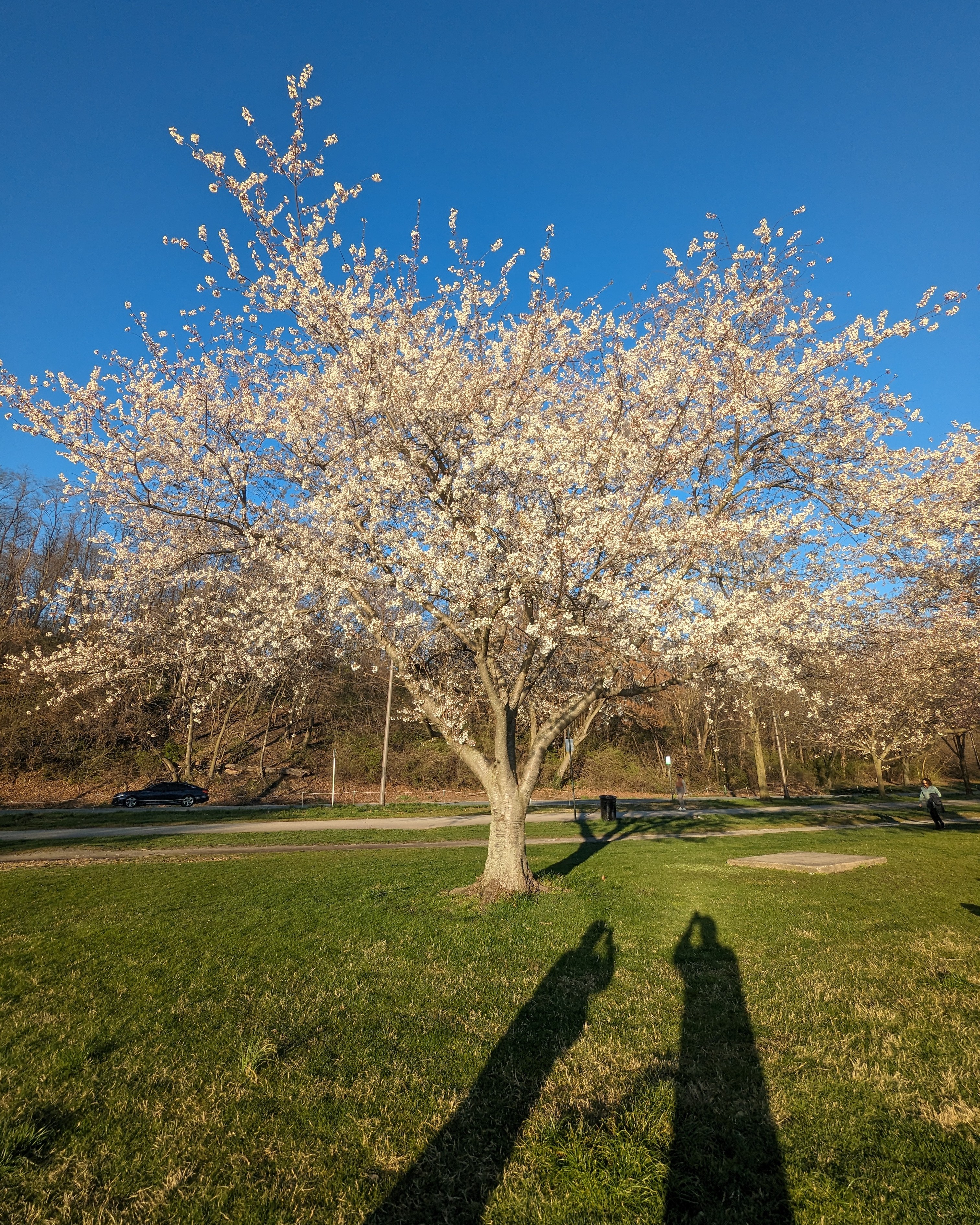Toward a Unifying Theory of Che Chen
Reflecting on Chen's performance at Asian Arts Initiative, Philadelphia, 4/26/24

1. All music is functional. Historically, music is community-forward and shared in villages/places of worship/the honky-tonk, etc. It animates a room; it brings life where there was none before it. Therefore, all music is party music.
2. Composer Che Chen in conversation with Geeta Dayal shares this observation when recalling his own study: what the West calls “world music,” and the heady scholarship of different cultures’ music as investigated by ethnomusicologists, tends to be fussed-over analysis of what the culture or the participants in their respective scene would consider party music.
3. While under the tutelage of legendary Mauritanian guitarist Jeiche Chighaly, Chen witnessed the nightlife of the country and gig-life of his band revolved around weddings—a prosaic setting for someone trailblazing a guitar tone and technique that Westerners would later “discover.” The crux of Chen’s observation is that among unfamiliar contexts the truth of what we perceive as groundbreaking, or even “difficult” music, is simply what the bride and groom want to hear. They are not in conflict.
4. In his own practice, Chen stresses all sounds are music, or hold the potential for musicality. Through his solo set, Chen’s performance could not be conceived as traditional party music, but his belief every sound is music would logically suggest his patient, contemplative, and improvisational performance as music experienced communally, together, and all at once comprises tenets that are the skeleton of any party from rager to potluck to black-tie.
5. This framing fleshes out my appreciation of Chen’s practice. He sculpts a place where a gathering of people can sit or stand or nod in quiet meditation—I sat cross-legged on the floor of the black-box theater. The serenity of the opening drone, the spaces between his reverberating percussion, horn, pedal feedback, and multi-tonal guitar improv are crevices where he lets the listener experience sound. There was an attentiveness that bordered on adoration. There was no tension of ambient or “out”-influenced minimalist music, but an intentional, second-by-second delivery of sound to the listener. It was an empathic gesture.
6. In his thoughtful discipline, as someone who’s spent years studying and listening and performing a range of music, Western- and diaspora-informed and not, Chen lays open a quiet catalog of sounds he pulls out one by one, like a congenial lab partner sharing his notes with you a page at a time.
7. Chen’s performance was a Deep Listening™ -informed world of sound, and in this lies a utopian vision where Chen is the host of a party where he invites the guests to come in, sit down, remove their shoes, close their eyes, and feel.
8. This interpretation is but one way to parse Chen’s work. Born into a Taiwanese immigrant family, Chen spent his youth in the D.C. area before decamping to New York City to enter the world of no wave, avant-garde composers, and the experimental underground. He started a performance group dubbed 75 Dollar Bill, whose goal was to use rock instruments and sounds in spaces without presenting a rock and roll experience, and accidentally turned an acquaintance's corner coffee shop into a sought-after venue for touring outré musicians. In time, Chen became a sui generis DIY ambassador.
9. During his conversation with Dayal, Chen intimated his philosophy extends beyond commonly understood ideas of cultural exchange (from Wu-Tang Clan sampling kung fu movies to starker instances like the Stones taking from Black blues musicians or Terry Riley’s deep study of Indian music). He positions his music in a non-Western context because decolonizing goes beyond fighting oppression grounded in the West; endless nodding in agreeable spaces serves the ruling class. Grounding his community-focused practice in some post-racial context would be unhelpful, but through his work and ethos he urges everyone to look beyond common ways of resisting and Western-centric thinking, to move with intentionality toward building another world.
10. I’m not a musician, but as an Enthusiastic Appreciator my preferred musical praxis is one of community and the sublime. The inner workings of guitar tunings is above my head but not to the extent where I couldn’t admire Chen’s ruminative world tour of guitar techniques (“atonal” implies a universality antithetical to the reality of the Eurocentric bias of language within the meaning of words like “atonal”) with which he closed his performance. It probably speaks to my rearing among the Western rock canon that this is the section of the performance I most enjoyed, but within that deeply held moment of the show’s climax was a feeling of, “you belong here.” To the host I gave thanks for his generosity.
///

I’ve been having a semi-crisis regarding my taste: I know what I like but I also rely on a handful of trusted friends to point me in the right direction. I don’t deny I take these cues but I get insecure about this because I am an alleged “music writer” but I view my path as one of careful curation and consideration rather than endless crate-digging and discovery. We live in a society.
What I’m reading: Floaters
Listening to: Hold Tight
Watching: God Save Texas
found me volume two now just ten dollars
subscribe it is now and always will be free